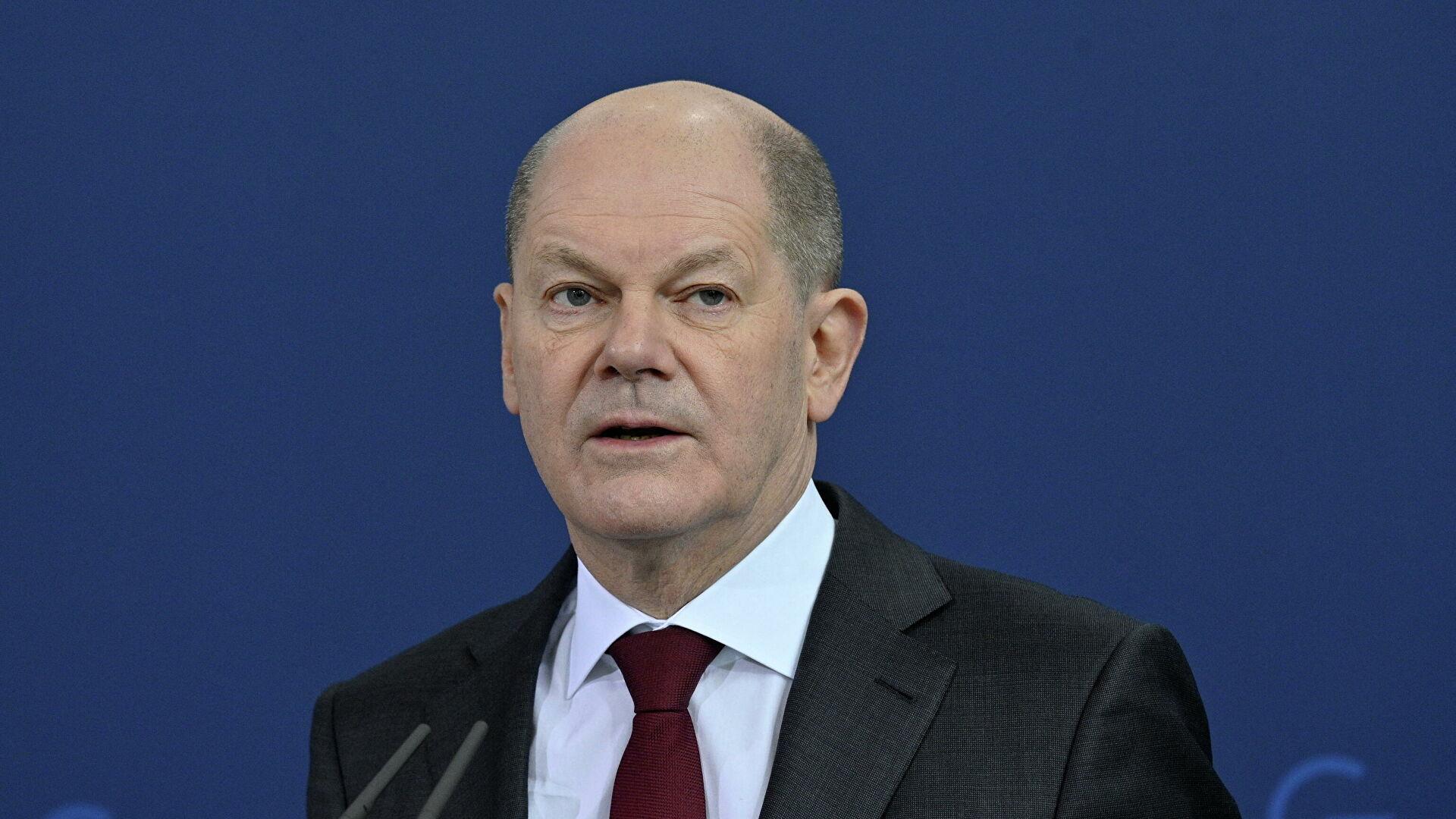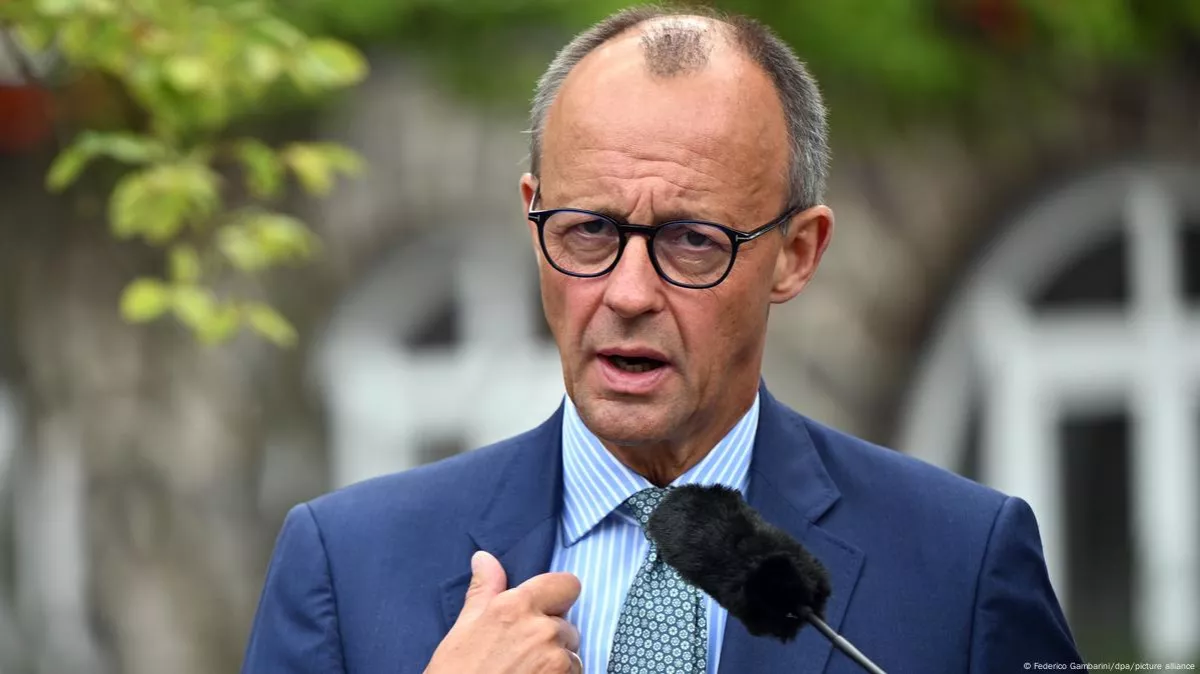Chancellor Scholz faces setback in vote of confidence Political crisis deepens in Germany
Germany's domestic political crisis is intensifying. Chancellor Olaf Scholz failed to secure a vote of confidence from the Bundestag, unable to receive the necessary 367 votes. The vote of no confidence was supported by the conservative CDU-CSU bloc, the Free Democratic Party (FDP), which had previously left the "traffic light" coalition, as well as the Alternative for Germany (AfD) and the Sahra Wagenknecht Alliance (BSW).
As a result, Scholz, leader of the Social Democratic Party, has proposed to President Frank-Walter Steinmeier that the Bundestag be dissolved. Under Germany's constitution, the president has the power to dissolve parliament if it is deemed impossible to form a viable government. Regardless of his decision, the country is facing a deepening political crisis.
Overall, this outcome was expected. Scholz's constant shifting from one side to another, particularly in foreign policy, was bound to lead to this result. Moreover, even within his own party, not to mention his reluctant coalition partners, Scholz's adoption of some of the AfD's slogans—particularly those concerning migration and providing significant military aid to Ukraine—raised, to put it mildly, confusion. This shift in Scholz's political stance began to take shape ahead of the regional elections in Brandenburg in September, following crushing defeats in Saxony and Thuringia.
Interestingly, in the local elections in Brandenburg, the Social Democrats unexpectedly managed to defeat the AfD, which had been predicted to win outright. This victory further fueled the Chancellor’s rhetoric on various issues, shifting from the positions he had previously held. However, as we can see, he was unable to maintain the coalition or secure the vote of confidence.

Ahead of the vote, Scholz attempted to frame the issue of trust through the lens of addressing the German population, calling it a fundamental question of how ready the country is to invest in its own future as a "strong state." As he specified, this largely concerns providing aid to Ukraine and strengthening Germany's defence capabilities. However, he emphasized that these decisions should not come at the expense of supporting healthcare, pension systems, and other social programs.
However, as noted earlier, such statements did not particularly stir the public. Today, the conversation is more focused on the political forces with significant chances of victory in early elections. Most experts highlight the CDU/CSU bloc, led by Friedrich Merz, as the main contender. Some projections suggest they could secure as much as 33% of the vote. If Merz can garner this level of support, his coalition would be in a position to form a government with him at the helm. Merz has already begun his election campaign, notably with an unannounced visit to Ukraine on December 9. In Kyiv, he reaffirmed the CDU/CSU bloc's full support for the Ukrainian people, stating that "only a strong Ukraine will force Russia to enter negotiations."
Unlike Scholz, however, Merz does not rule out supplying Taurus missiles to Kyiv, advocates for increased defence spending, and supports closing borders to illegal migrants. At the same time, German sources reference Merz’s comments on the need to be prepared for an isolationist policy similar to that of Donald Trump. In terms of migration policy, analysts have also noted Merz’s support for the concept of a "leading culture," which posits that Germany has a "leading German culture" encompassing both traditional and liberal values and that this culture should take "constant priority" over the culture of migrant communities. This concept brings to mind the famous remark by Angela Merkel (CDU) during her tenure as Chancellor about the "failure of the multiculturalism concept" in Germany.

Meanwhile, observers are considering the possibility that the AfD may secure second place in the upcoming Bundestag elections, with projections suggesting they could garner nearly 20% of the vote. However, in terms of potential success, a scenario similar to what has occurred in several European countries could unfold. In those cases, even right-wing parties that won parliamentary elections were unable to form a government due to failing to secure the necessary number of votes, while their political competitors refused to form a coalition with them. As a result, governments were formed by parties that had lost to the right-wing parties in the vote.
In this context, some experts do not rule out the possibility that, if the CDU/CSU wins, even if the AfD finishes second, Merz might form a coalition with Scholz’s Social Democrats, who are expected to place third.
In any case, the current government of Germany will continue its work until the upcoming Bundestag elections on February 23, 2025. However, the situation in Germany is, according to several analysts, dire. Both in terms of economic performance and geopolitical positioning. Germany, alongside France, is considered one of the leading powers in the European Union, yet it has proven unable to demonstrate its leadership on the international stage. While Berlin has suffered fewer setbacks than Paris in this regard, like France, it has been unable to lead its EU partners confidently in addressing critical global issues, whether it’s the Russia-Ukraine conflict or the Middle East. Moreover, the often presented idea of a monolithic "German-French tandem" has been contradicted by real-world events, particularly in policies regarding China, the Middle East, or the South Caucasus.
The German population is likely hoping that the new composition of the Bundestag will help the country emerge from this deep crisis. However, there is little expectation of an easy task ahead for the new lawmakers.








